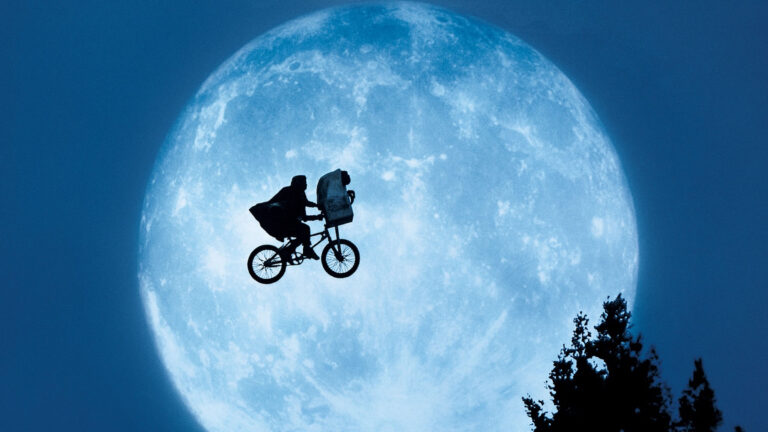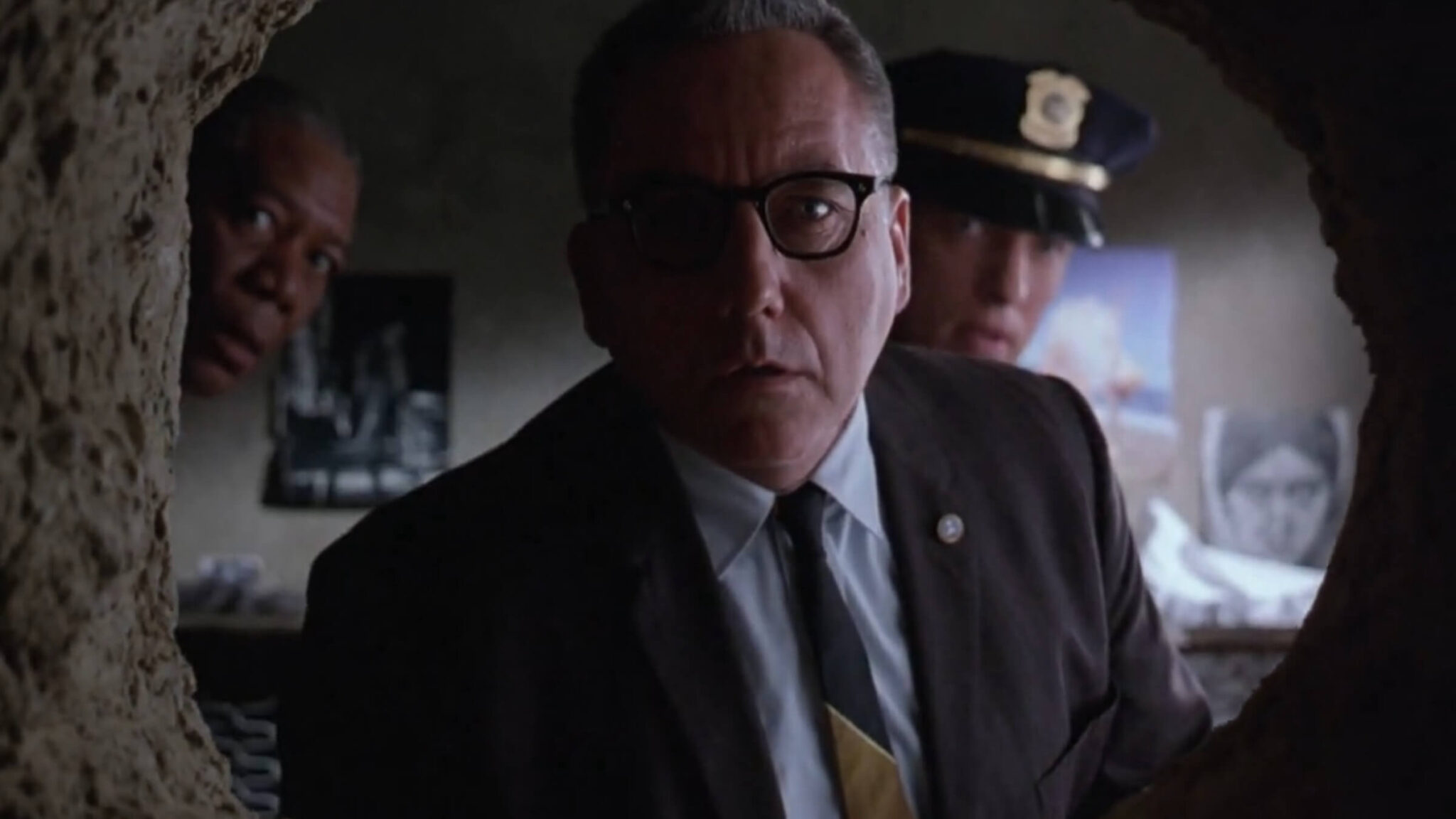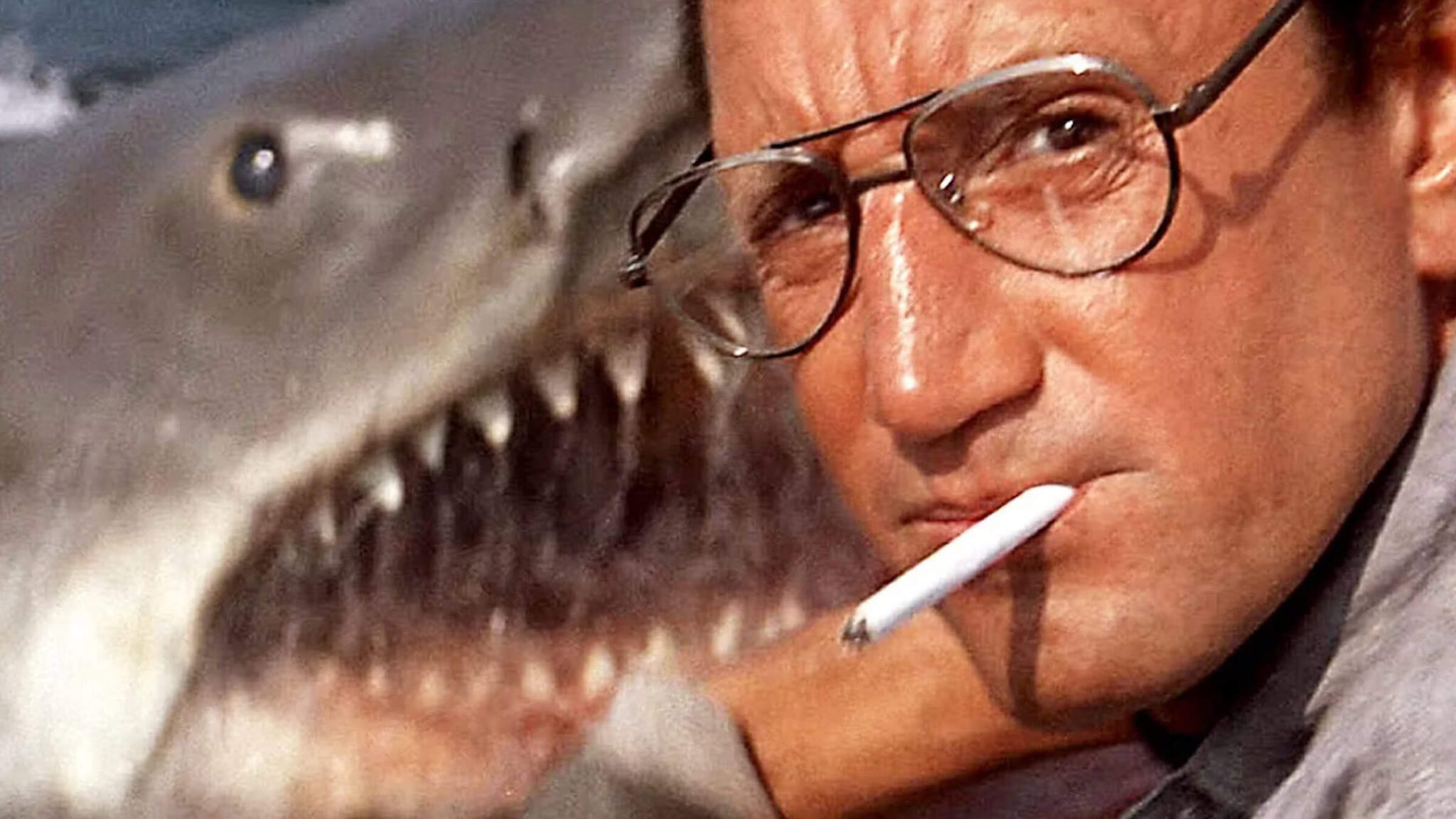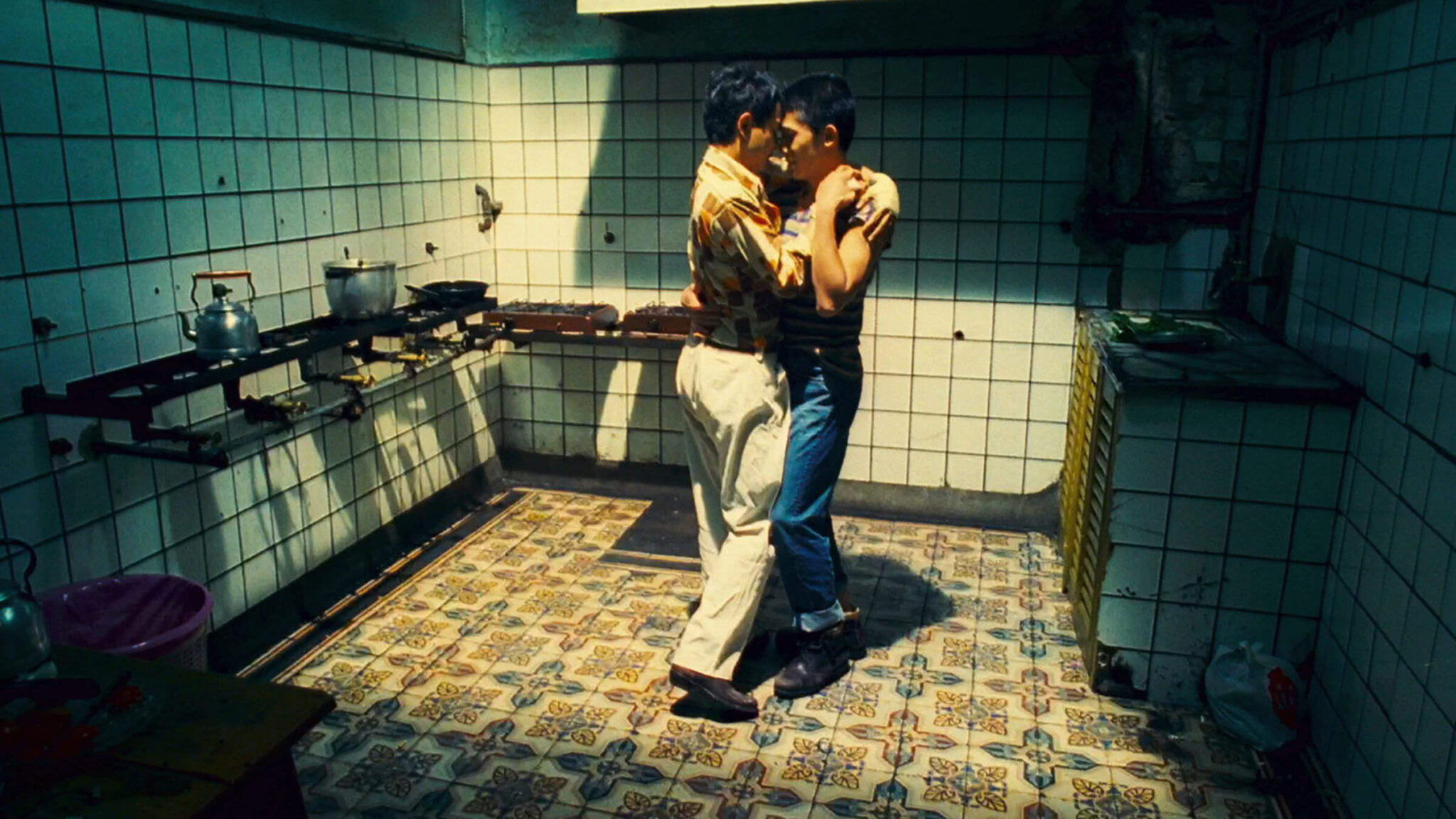Why Spielberg and Lucas Have it Wrong...Movies Are Here to Stay.
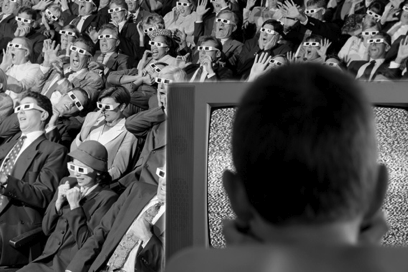
It's the topic of tinsel town, a debate that has become impossible to avoid and even more impossible to agree upon. Will we stop going to the movies? Is the convenience of watching quality entertainment at home replacing our desire to go to the movies entirely?
These issues weigh heavily on the minds of every studio executive, agent, industry player and distributor alike. Recently, two of the most seminal filmmakers in history, Steven Spielberg and George Lucas, were asked about these issues during a USC interview with CNBC. Their answer? Quite simply put, "yes, the movie business will come crashing down."
I say, not so fast...
When asked by CNBC's Julia Boorstin, "What does the world look like after that (crash)?" Lucas replied, "there will be fewer theaters, bigger theaters, with a lot of nice things - movies are going to cost you $50 bucks maybe $100 maybe $150 - like broadway or going to a football game." He also added that, movies may sit in the theater for up to a year. Spielberg then recalled a time in the beginning of his career, when E.T. stayed in the theater for a year and four months. If that's the case, it looks like history might just be repeating itself after all.
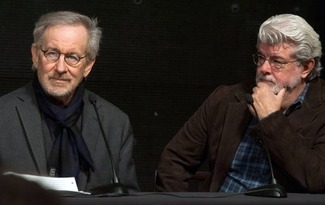
Spielberg predicts that movie-goers may "pay $25 dollars to see the next Iron Man and you're probably only going to have to pay $7 to see Lincoln." Lucas adds, "eventually the Lincolns are going to go away and be on television." Overall, the consensus seemed to be that people have options now and television now competes with movies "one to one." Which may be true in terms of quality of content, but I disagree with Lucas that the "interesting ones will be on TV and in the home" and not in the theaters. The biggest concern for the industry is "how to" monetize this shift so that everybody wins.
As V. Renee mentioned in her article for nofilmschool.com:
Whether we experience exorbitant prices at theaters or not in the future, independent film is going to profit from the majors’ decline. It sounds morbid to say, but I think it may be true. However, that doesn’t mean that indie film is going to cannibalize major pictures. Rather, their shares will be redistributed.
Last award season, The Hollywood Reporter's, Stephen Galloway and Pamela McClintock, sat down with Michael Barker of Sony Pictures Classics, Rob Friedman of Lionsgate Motion Picture Group, Jim Gianopolous of Fox Filmed Entertaiment, Jeffrey Katzenberg of Dreamworks Animation, Donna Langley of Universal Pictures and Paramount's Rob Moore. When asked by THR, "In ten years time, where is the industry going to be?" Katzenberg replied optimistically, "movies are only growing in their popularity and I think that the power of this (holding up his mobile device) is going to do more than just simply transform the consumption of movies, I think it's going to revolutionize them." He added, that today, about one hundred million people will see a particular movie and pay on average about ten dollars for it. In ten years, that number will jump to two billion people, and the cost will depend on what platform the viewer uses to watch the movie. "Some people will watch it for 65 cents on this (again, holding up his mobile device), some will watch it for $2 on a television screen, some will go to state of the art theaters, where you'll have a meal and a great whole experience there and they'll pay $50 dollars for it."
Next came the inevitable question: "Does that mean fewer and few people will actually go to the theaters?" Katzenberg quickly replied, "No, just the opposite - it's like sports. Look at sports today. It has never been more popular. In the same way that sports has been completely transformed - now you can experience it on so many different levels and price points accordingly along the way and that's what will happen to us."
In the past few years, VOD has made it possible for viewers to purchase and watch films that are still in the theater. Rather than take away from box office revenue, it actually helped increase awareness and success of the film's theatrical release. For example, last year Lionsgate released Arbitrage on VOD and in theaters simultaneously, resulting in success for both markets. Friedman added, "people want to consume when they can in different ways - it really is an educational process that we are working with our partners on the exhibition side so that everybody wins - you don't want to hurt a ten billion dollar window, which is currently the theatrical window, nobody wants that, it's too important - it's really about trying to figure out how we make it available on all levels and not hurt any of the opportunities."
V. Renee from nofilmschool.com also argues:
Perhaps the trick here is to not look at VODs and other new distribution platforms as disruptive technology, but as just another way to experience a product. Because honestly, there really isn’t a way to recreate the experience of watching a film in a theater. There isn’t a TV screen big enough, surround sound loud enough, or couch full of family and friends long enough to mimic that cinematic magic.
Just this month, Vulture interviewed Michael De Luca, former president of New Line, and was asked about the moviegoing climate. He said, "I happen to think that studios can walk and chew gum at the same time. I think they can develop, plan for, release, and market big-budget tentpoles while also feeding their slate with other kinds of movies - as digital comes of age, I think there will be more places to put a movie than ever before, and when VOD really comes of age internationally, I think there’s going to be another spike in terms of a need for product."
The movie business is only expanding, not disintegrating. It is true that ticket sales will increase, theaters will become nicer and movies will be available outside of the cineplex. But at the end of the day, films were made for an audience on the big screen. Keeping the experience interesting and engaging is up to the filmmakers. As as we have just witnessed with the success of Gravity at the box office - we still want that public, cinematic experience.
See my related post: The Inception of Gravity: Never Giving Up in the Face of Adversity
Links:
NoFilmSchool: Will Independent Film Survive the Spielberg/Lucas Cinemapocalypse Prediction?
The Hollywood Reporter: The Executives - Full Uncensored Interview
Tags
Get Our Screenwriting Newsletter!
Get weekly writing inspiration delivered to your inbox - including industry news, popular articles, and more!



















